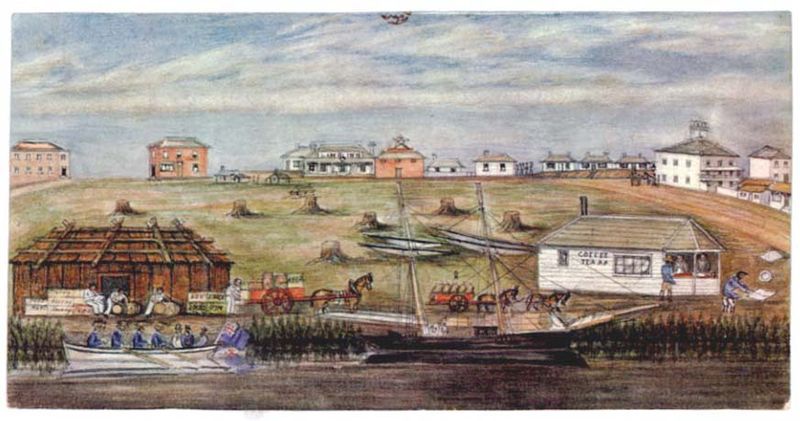The passage has sometimes been confused by supposing a double fulfilment – first of an ordinary child in Ahaz’s time and then the coming of Jesus. Also it has often been thought that verse 16 refers to Israel (Ephraim) and Aram (Syria), whose kings were Pekah (the son of Remaliah) and Rezin respectively, rather than to the land of promise itself, which at that time was ruled by the kings of Judah and of Israel. This explains why the Hebrew verb in v16 is often translated ‘you dread’ rather than ‘you are tearing apart’ – its usual meaning (note same word in v.6).
So we may translate 7:13-17 thus:
13 Then Isaiah said, “Hear now, you house of David! Is it not enough to try the patience of men? Will you try the patience of my God also? 14 Therefore the Lord himself will give you – house of David – [the you is plural] a sign: Behold, the virgin is/will be with child and will give birth to a son, and will call him Immanuel. 15 He will eat curds and honey – the food of a desolated country [see verse 22] – when he knows enough to reject the wrong and choose the right. 16 But before the boy knows enough to reject the wrong and choose the right, the land [singular] of the two kings [ie Israel and Judah] you are tearing apart, will be laid waste. 17 The LORD will bring on you and on your people and on the house of your father a time unlike any since Ephraim broke away from Judah—he will bring the king of Assyria.”
Ahaz, representing the House of David, will not stand firm to God’s covenant promise and therefore will not be confirmed. Ahaz sounds pious in his response (v12) but in fact is unbelieving. God therefore will impose a sign. We expect a very important announcement. The announcement is that a virgin will conceive and bear a son. That is startling enough. The word in Hebrew translated virgin is almah which commonly means a young woman of marriageable age. It is never used of a married woman and a reference to a promiscuous young unmarried woman is precluded by the context. The name of the child is significant also. Immanuel is not simply to be taken as a pious name for an ordinary child as an expression of faith, but as a description of character – the child is ‘God with us’. This fits with the reference to the child as David’s successor in Isaiah 9:6-7, and it also provides God’s answer to the unfaithfulness of the House of David. The Davidic king of the future will not be faithless.
The child is a child of the future, but is viewed as a reality in the prophetic eye of Isaiah, and the period to his maturity is made the period to the coming of Assyria bringing devastation to the land of promise. That event occurred within 10 years (in 722BC Assyria overthrew the northern kingdom of Israel) and is a pledge of the ultimate fulfilment of the prophecy.
So although a promise of the Messiah who was to come in the distant future, it also involves a sign to Ahaz representing the House of David. Matthew 1:22-23 refers to Isaiah 7:14, the technical word in Greek for a virgin (parthenos) being used. This is the term used in the Septuagint translation by Jewish scholars circa 200BC. They correctly saw that that was its meaning.
Why then was not the technical word for virgin (bethulah) used in the Hebrew of Isaiah 7:14? Perhaps the reason is that frequently in the Old Testament, Israel as a nation is called ‘the virgin daughter of Israel’ – somewhat ironic given that Israel’s (Jacob’s) only daughter Dinah was raped as she entered the promised land (Gen 34), and also striking, given the nation Israel’s frequent unfaithfulness. If Israel is portrayed as a virgin daughter she is also an unfaithful bride. “Like a woman unfaithful to her husband, so you have been unfaithful to me, O house of Israel,” declares the Lord. “Return, faithless people, for I am your husband. I will choose you . . . and bring you to Zion” (Jer 2:20; 3:14) Other nations who don’t know the Lord can also be described as a ‘virgin daughter’. So there are connotations that might suggest the use of almah, a young woman of marriageable age, is preferable. There are no adverse uses of the term which would cloud its meaning in context. As Luther said, ‘almah’ is never used of a person in a way suggesting she is not a virgin.

Comments are closed, but trackbacks and pingbacks are open.